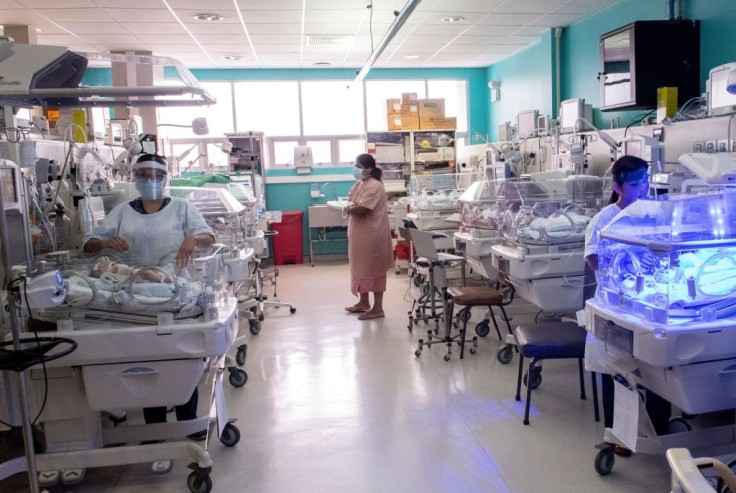
U.S. birth rates are continuing to decline.
According to the most recent data from the Centers for Disease Control and Prevention in the United States, the percentage of American women who have ever given birth to a child has once again decreased.
The studies reveal women's choice of not getting pregnant and the decline of men choosing to become fathers.
Birth rates in America
According to the CDC's National Center for Health Statistics (NCHS), 52.1 percent of women aged 15 to 44 in 2015-2019 had given birth to a biological child, which is a smaller percentage than the 54.9 percent of women of the same age range who had done so in 2011-2015.
That number translates to a 2.8 percent decline in the birth rate. Numerous studies have demonstrated that the average age at which a woman gives birth to her first child later in life is increasing in the United States.
To prove the conclusion, scientists found a ninefold increase in delayed childbearing between 1972 and 2012, characterized by having a first child at the age of 35 or older.
As reported by HealthDaily, since 1985, women who choose to have their first babies in their 40s have significantly increased. The study shows that more and more women are choosing to delay their pregnancies.
In women, the latest survey in 2019 shows that women have given birth to 1.3 children in ages 15 to 49, while men, on the other hand, have fathered 0.9 children during that same time.
Furthermore, there was a downward trend in the number of men becoming fathers.
Behind the decline
Birth rates in America are declining due to several reasons. A declining birth rate does not immediately correlate to a decreasing population.
Women choosing pregnancy a little bit later in life also have great advantages. Another huge possibility for this is raising a child with more capable parents.
A child could be brought up in a household where their parents are more emotionally mature and financially capable of providing the ample necessities of raising a child.
Another factor that could be taken into consideration with the declining birth rates in America is the economic capacity of the younger generation.
With the current economic landscape and the threat of COVID-19, it has influenced couples to delay childbearing.
Also, as reported by U.S.News, reasons like increased accessibility for contraception and an increase in the number of women entering and remaining in the workforce are commonly the most heard reasons why they delay pregnancy.
In addition, this could be attributed to the collective awareness of the new generations of the challenges in store when choosing to rear a child unprepared.
Lastly, a woman's education level affects the age at which she has her first child.
According to the study's findings, a woman's chances of having her first child while still in her teens or 20s decrease in proportion to the number of years she spends in school or college.